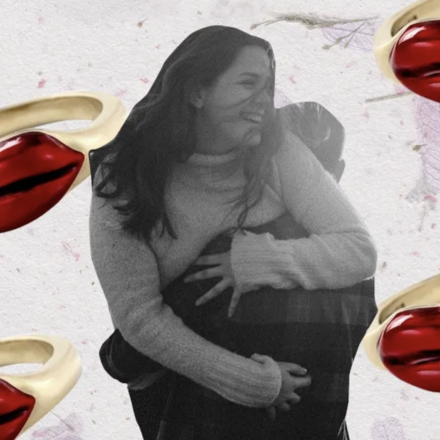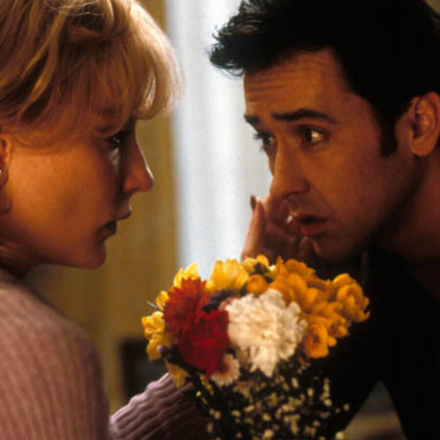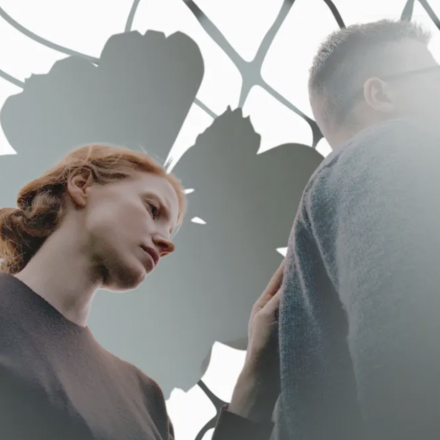7 Traits of People Who Struggle to Maintain Long-Term Relationships
Many of us dream of strong, trusting, and lasting relationships. We invest time, effort, and hope into them—but sometimes, despite all our efforts, things still go wrong.
Many of us dream of strong, trusting, and lasting relationships. We invest time, effort, and hope into them—but sometimes, despite all our efforts, things still go wrong. Why? Often, we unknowingly sabotage our own happiness. If you keep encountering the same relationship issues, you might recognize yourself in these 7 traits of people who find it hard to sustain love over the long term.
Fear of Intimacy – When the Heart Is Afraid to Open Up
Some people seem ready for a relationship, but the moment their partner shows genuine interest, they pull away. This isn’t a whim—it’s a defense mechanism. Fear of intimacy causes people to hide from real emotions, avoid deep conversations, and prefer superficial connections.
The roots of this fear often trace back to childhood—emotionally distant parents, emotional suppression, betrayals, or harsh criticism. The first step to healing is understanding that intimacy isn’t a threat but a source of growth. Start small—open up to your partner, share your feelings. And remember: conflict isn’t the end, it’s part of the journey toward understanding.
Hyper-Control – The Trap of Constant Monitoring
Some people try to manage every move their partner makes—who they talk to, what they wear, where they go. Behind this is anxiety about losing their loved one and the pain of past betrayals. Hyper-control may feel like a way to regain peace, but in reality, it pushes others away.
Recognize that everyone needs personal freedom. When you feel the urge to “check” or “correct,” pause, breathe, and ask yourself: am I acting out of fear? Mindfulness and breathing exercises can help you regain control over yourself, not over your partner.
Conflict Issues – Either Avoidance or Emotional Storms
Some people bottle everything up, while others blow things out of proportion. Both extremes often stem from childhood—when parents avoided healthy conflict or only fought loudly.
To break the cycle, learn to express your feelings using “I-statements”: “I feel hurt when…” instead of “You always…”. If emotions start taking over, take a break. Healthy conflict strengthens relationships—it doesn’t destroy them.
Emotional Unavailability – When Feelings Are Off Limits
These individuals shut down when their partner wants to talk about something meaningful. They might intellectualize emotions or avoid tenderness. Often, this stems from trauma—being mocked or punished for showing vulnerability.
Start by being honest with yourself: say “I’m angry” or “I’m scared.” Journaling or creative outlets can help release inner tension and teach you to express emotions safely.
Searching for the Perfect Partner – A Flawless Illusion
Some people are always chasing a “knight in shining armor,” failing to appreciate what’s right in front of them and breaking things off at the first sign of trouble. This often hides perfectionism or a fear of true intimacy.
The truth is—there are no perfect people. Learn to accept your partner’s flaws and value their strengths. Love is the art of seeing beauty in imperfection.
Relationship Dependency – When “I” Gets Lost in “We”
Some lose themselves in relationships—abandoning hobbies, friends, and personal goals out of fear of being alone. Low self-esteem and early childhood beliefs often lead to this loss of autonomy.
The way out is reclaiming your personal space. Reconnect with your passions, spend time with friends, and learn to enjoy your own company. A happy person in a relationship is first and foremost an independent individual.
Negative Beliefs – When the Past Shapes the Future
Beliefs like “Everyone cheats” or “Love doesn’t exist” create internal blocks to happiness. These ideas often stem from past hurt or are inherited from our environment.
Start by tracking and writing down negative thoughts. Cognitive behavioral therapy can be a powerful tool to challenge those beliefs and help you build healthier relationships.



















